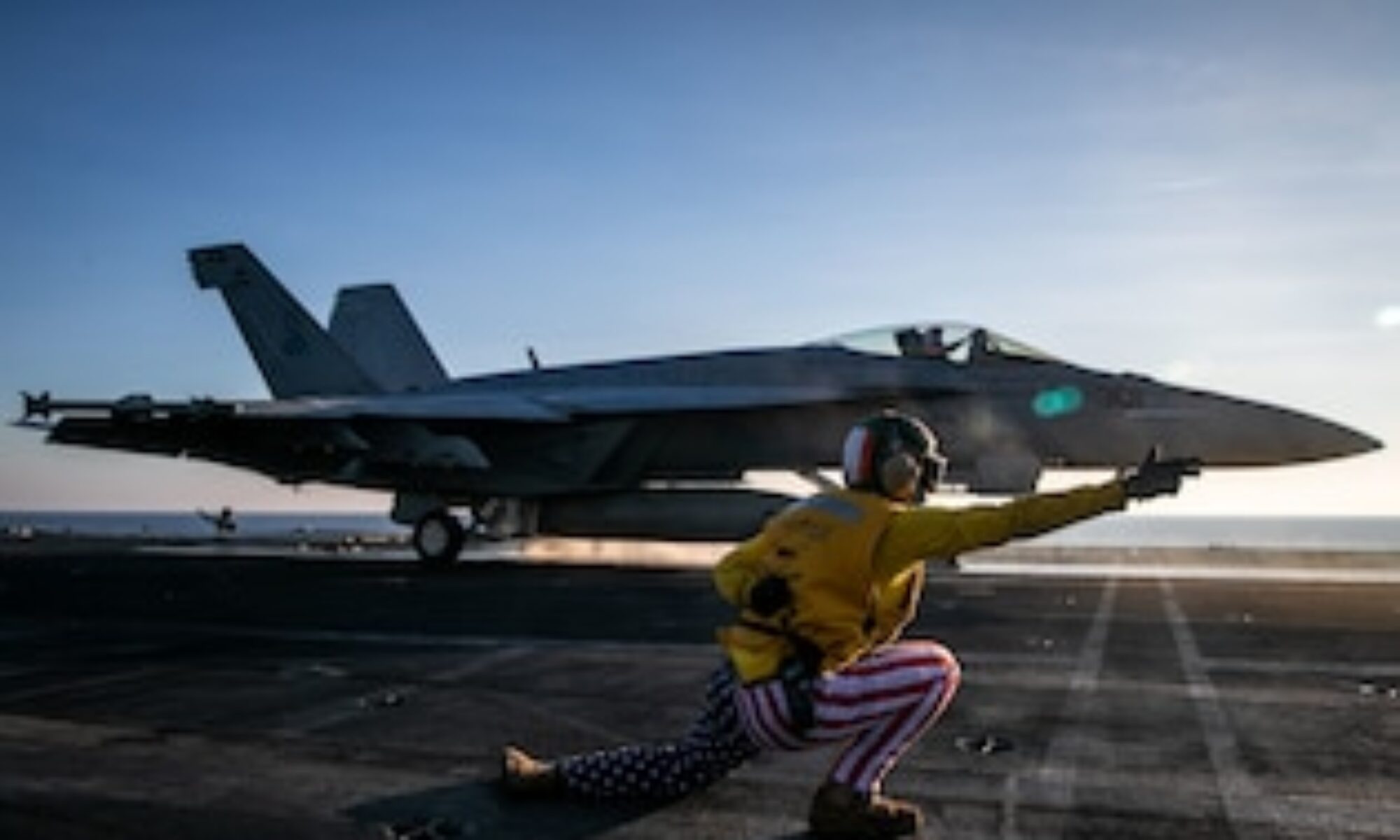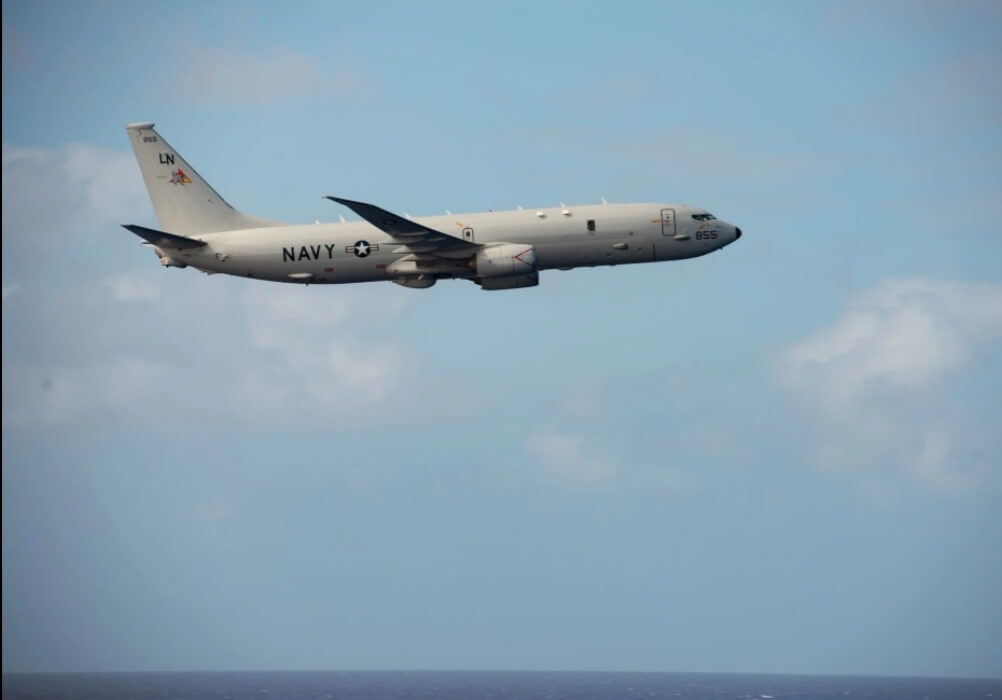Introduction
The recent flight of a U.S. Navy P-8A Poseidon through the Taiwan Strait not only reaffirms America’s commitment to navigational freedoms but also highlights the strategic importance of U.S. military presence in key international waterways. This operation comes at a critical time, just a day after high-level defense talks between the United States and China, aiming to mitigate tensions in the region.
Why This Matters
The Taiwan Strait is a vital gateway between the South and East China Seas, making it a focal point of international trade and military strategy. Despite being international waters, China views the transit of foreign military vessels and aircraft through the strait as a challenge to its claims over Taiwan. The U.S. Navy’s actions demonstrate a clear stance on upholding international law and ensuring that these waters remain open to all, a principle that is fundamental to global security and economic stability.
Why America Should Care
As a global leader, the United States has a vested interest in maintaining free and open access to the world’s maritime routes. The freedom of navigation operations (FONOPs) conducted by the U.S. Navy in the Taiwan Strait serve as a deterrence against aggressive territorial claims that threaten to undermine international norms and the global order. These operations also reassure U.S. allies and partners in the region of America’s commitment to security and stability.
Implications for the Navy
Continued operations in the Taiwan Strait are essential for the U.S. Navy in several ways. Strategically, they provide vital reconnaissance and maintain a U.S. presence in key areas, potentially deterring hostile or militaristic actions. Operationally, these missions enhance the Navy’s ability to operate in contested environments, ensuring readiness and capability in response to any regional crises. Politically, they reinforce the U.S. stance on international laws governing maritime navigation, supporting global maritime security.
Conclusion
The transit of the U.S. Navy through the Taiwan Strait is a clear signal of America’s enduring commitment to protecting navigational rights and freedoms for all nations. This operation not only supports international law but also underscores the crucial role of naval power in achieving U.S. strategic objectives. As tensions continue to manifest in the Asia-Pacific, the strength and presence of the U.S. Navy remain key to maintaining a balance in the region, ensuring that the seas remain open and free for all. Through steadfast and visible actions like these, the U.S. Navy not only defends its own national security interests but also upholds those of the free world.


